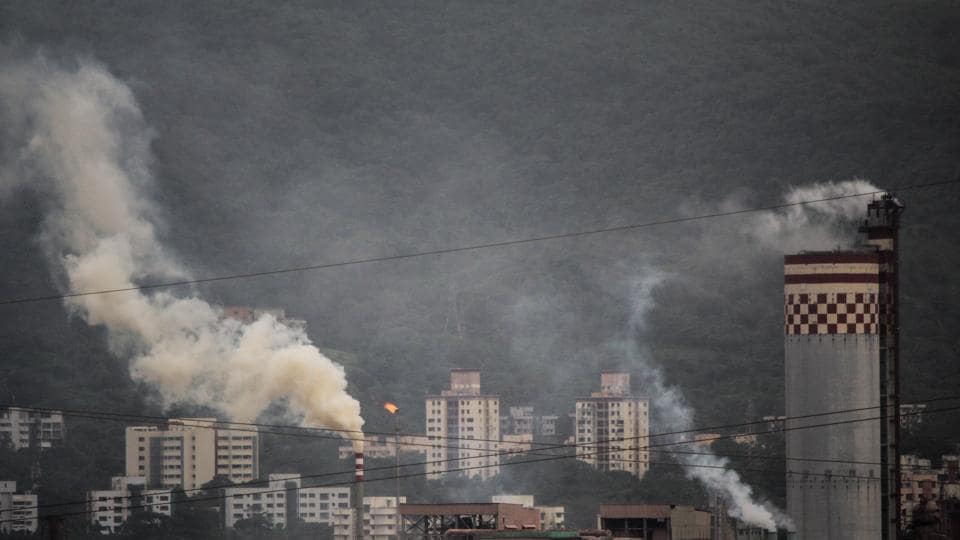
The International Energy Agency (IEA) has cited its modelling and said it shows adoption of changes proposed under India’s Lifestyle for Environment (LiFE) initiative can reduce annual global carbon dioxide (CO2) emissions by over 2 billion tonnes (Gt) by 2030. It said the projected cut is about one-fifth of the emission reduction needed by 2030 to put the world on a pathway to net zero emissions.
LiFE seeks to mobilise individuals for climate-positive behaviour and to create an ecosystem to reinforce and enable environmentally friendly self-sustainable behaviours.
IEA, a Paris-based intergovernmental global energy organisation, said the modelling suggests the measures proposed under LiFE could also save consumers around $440 billion globally in 2030 or equal to around 5% of all spending on fuels across the global economy that year.
It added the initiative could also help lower inequalities in energy consumption and emissions between countries. IEA said the reductions in per capita CO2 emissions in advanced economies by 2030 are likely to be 3-4 times greater than in emerging markets and developing countries.
“India’s first G20 Presidency could strengthen the LiFE initiative by anchoring it in the G20’s current framing of energy transitions and initiating processes to gather experience and best practices of policies and programmes that G20 members are already conducting,” the IEA said in an analysis on Monday.
India assumed the intergovernmental forum G20 presidency in December and will host global leaders and 200 meetings related to 32 sectors across the country this year.
The analysis said governments could directly influence or mandate an estimated 60% of the emissions saving through measures proposed under LiFE. “How individuals behave and choose to consume is shaped by the norms, policies, incentives and infrastructure around them. Thus, although the measures envisaged in LiFE are carried out by individuals, there is a clear role for governments to simultaneously provide a supportive policy framework,” the analysis said.
The IEA said the challenge for clean energy transitions is to create a virtuous circle, where individual choices drive market transformation and government policy. It called for policy and market transformation simultaneously to enable more sustainable consumption choices.
“Unsustainable choices can also undermine climate mitigation efforts. For example, the rising global popularity of SUVs (which are around 25% less fuel efficient than a standard car) has nullified much of the reduction in emissions from growing EV [electric vehicle] sales,” the IEA said.
It added SUVs rank among the top causes of energy-related CO2 emissions growth globally over the last decade. In 2021, almost five times more SUVs were sold per capita in advanced economies than in emerging and developing economies.
IEA said within behavioural changes, the largest share (0.7 Gt) comes from the transport sector and about 0.4 Gt of emissions reductions can be achieved in households. “Critical measures include reduction of indoor heating temperatures and the increase of indoor cooling temperatures, and turning off lights and appliances when not in use. There are also small reductions from behavioural changes impacting industrial production, such as increased recycling which are all part of LiFE.”
IEA said North America has the highest energy consumption per capita, followed by Russia and Central Asia, and West Asia. “Africa’s energy consumption is one-third of the world average and India’s is 35%.”
It said G20 can play an important role in internationalising LiFE, since countries in the grouping account for around 80% of world GDP, 75% of global trade, and 60% of the global population. “...the G20 could strengthen LiFE by establishing a G20-specific initiative,” the analysis said. It recommended country and policy driven approaches
Jim Skea, a sustainable energy professor at London’s Imperial College, said demand-side measures related to nutrition, shelter and mobility could reduce global emissions by 40-70% by 2050. “So, consumption matters, as reflected in the government of India’s LiFE...mission. But this would not happen just through individual choices.”
Skea said people need to be enabled to make sustainable choices through the provision of infrastructure--public transit systems, cycle paths, footpaths.











